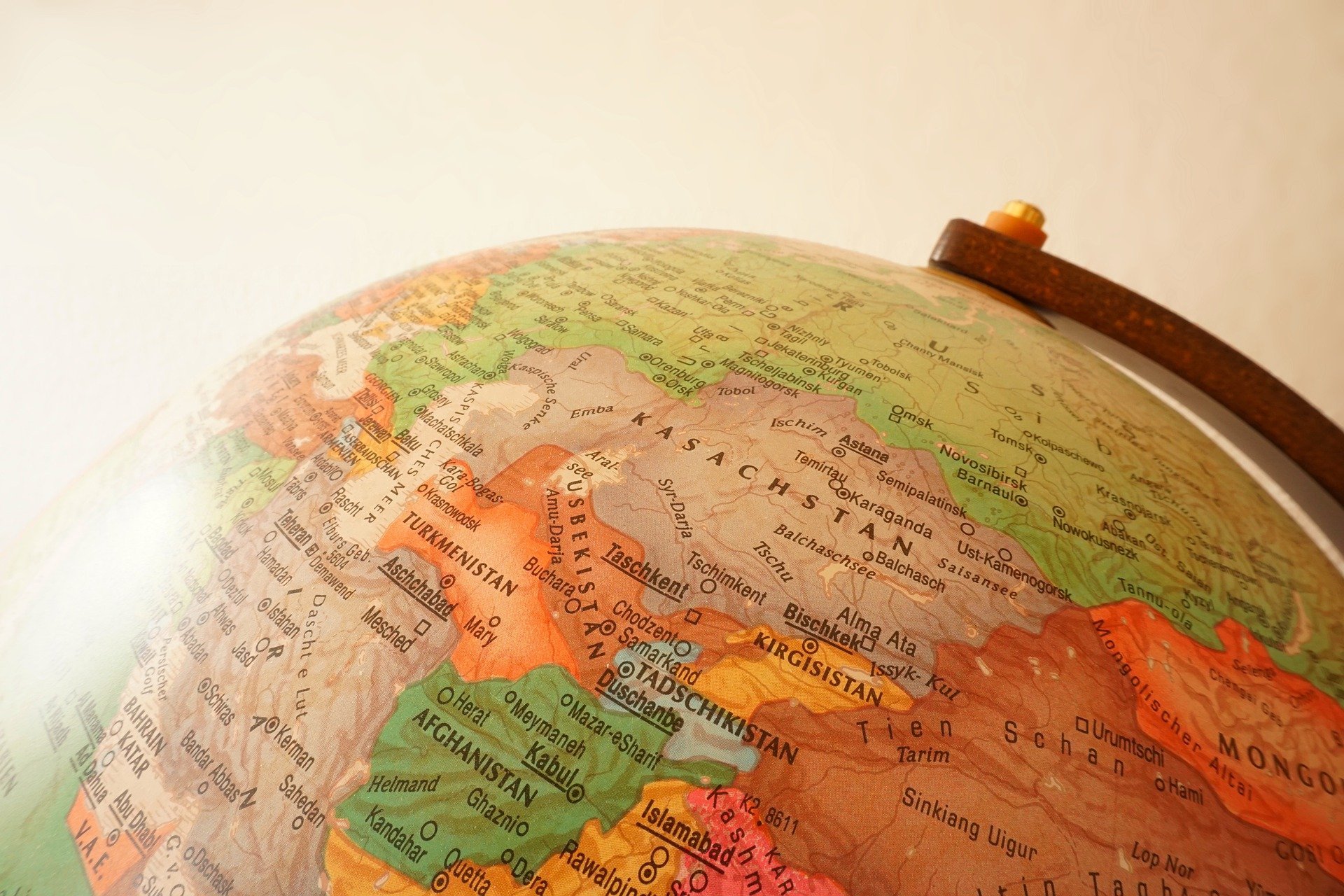At first glance, there is little that connects China and the Organization for Security and Cooperation in Europe (OSCE). The Organization emerged as a platform for dialogue between East and West during the Cold War and was transformed into a permanent institution in 1995 with the main mandate to increase security based on a cooperative approach for its 57 participating States as well as for the more than one billion citizens living in those countries.
New regionalism in Central Asia
From the Soviet Union to the Post-Soviet Space and Beyond
Recently the IIP – with Maryia Hushcha excellently in charge – organized jointly with partners a conference on the question if and in what way the post-Soviet space exists. Of course, one can answer this question in different ways – depending on the perspective one chooses. One way would be to look at it from a pure time perspective or regard it from a geographical point of view. Then the answer must be yes, there is an area which can be defined as post-Soviet geographically and an era which is defined as post-Soviet historically. But from a political and especially geopolitical point of view you may look at it differently. Post-Soviet could be used in a derogatory term and deny the countries, which have been included in - or even occupied by - the Soviet Union, an independent position and policy. Therefore, I can fully understand the hesitancy of many politicians and social scientists of these countries to accept that term.
The Russian Political System: The Trap of the Empire's Legacy
A few weeks ago, I went into a souvenir store in one of the capitals of Baltic states. Three saleswomen were talking in Russian and the oldest of them was fiercely trying to prove something to her colleagues, mentioning in her speech the names of Soviet leaders from a distanced epoch – Brezhnev, Kosygin... It was so strange to witness these nostalgic signs of another era in one of the successful and modernized capitals of the new Europe. But the legacy of the empire has not simply disappeared, it is here with us in the present moment.
Some thoughts on the “homo sovieticus”: is it a useful term?
If we are to discuss the homo sovieticus, it is essential to know what we are talking about. Can this notion really work as a scientific concept? Does it have any analytical purchase? The expression has been often used as a pejorative term, a slur that is meant to refer to all the negative aspects of the Soviet historical experience, which allegedly made an irreversible impact on the post-Soviet people. In its most extreme forms, it may even be deemed racist. The homo sovieticus is envisioned as some kind of an “orc” from the “Soviet Mordor.” He is evil and repulsive by his very nature.
WHAT DOES PUTIN WANT?
This question was not only asked by a recent “Big Read” in the Financial Times, but it is asked everywhere around the globe, and especially by Ukrainians. “The Russian leader’s intentions in Ukraine remain a mystery. Some governments speculate he wants to use military pressure to halt NATO’s expansion. Others fear he is planning an invasion for real this time” is the ambivalent answer of the Financial Times. In reality, we do not know more. But the important question is how to react. And that again depends on how to answer the question about Putin’s intentions.
Thirty Years On - Is there still ‘post-Soviet’ space?
COP26 AND THE GEOPOLITICS OF CLIMATE POLICY
The recent climate conference in Glasgow brought contested results. For a few it could be interpretated as an outright success, for many it brought mixed results, but some even expressed the opinion, that “bankers hijacked the climate talks”. A comment in the New York Times drew that conclusion from the fact, that many finance and businesspeople were active at the conference. One of them is Mark Carney, a former private banker, and a former governor of the Bank of Canada and of the Bank of England. He is now United Nations special envoy for climate change and finance. His job is to direct financial means, predominantly out of a targeted fund of $130 into the “right” projects. One can - and I would agree - also interpret the presence of many business and finance people positively, as a sign of their support and engagement. But it must be clear, that only results count and not promises.
Democracy summit - a problematic endeavor
On 9th and 10th of December 2021 President Biden will receive representatives from „democratic“ countries for the „democracy summit“ he is eager to organize. For him this was already during the election campaign an important endeavor to underline the difference to countries like Russia and China. Certainly, one cannot speak of high democratic standards in these two countries. But there are many countries in our world, invited by President Biden, where democracy is far from being perfect. India and Pakistan, Serbia and Poland are countries where we see grave deficiencies in implementing democratic standards - especially under the present leadership.
A NEW DIVISION IN EUROPE - AND HOW TO FIGHT IT
At a recent event in Berlin, in the framework of „A Soul for Europe“, the question was put and discussed, how Europe could be built or reconstructed from bottom up. In fact, the European Union has been rather constructed from the top. This was necessary, because in its old national set up it has been endangered and lead into wars by the leaders at the top. Often the European Union is called an elite project - this may be partly true, but on the other hand it has been supported by many citizens as many referenda and opinion polls show. After the British people decided in its majority for Brexit, the popular support in many other countries was even growing.











